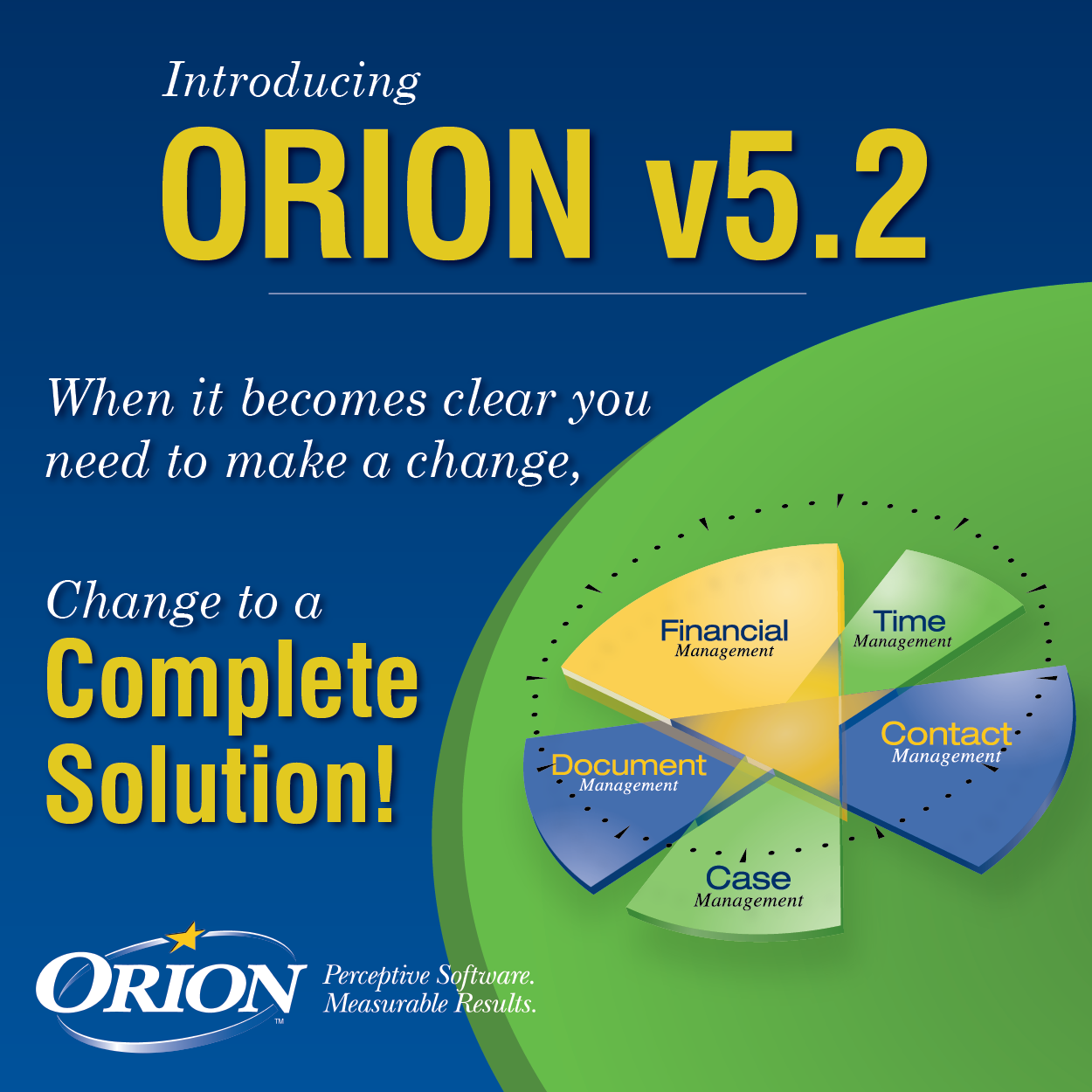When developing workplace policies, legal managers must answer critical questions, including the following: When should drug tests be administered, if at all? Should employees be penalized if their blood tests indicate high levels of THC (tetrahydrocannabinol), the principal psychoactive constituent of cannabis? For individuals who require marijuana for medical purposes, must accommodations be made under the federal Americans with Disabilities Act or state human rights laws?
Such questions are bound move to the front burner as society becomes more cannabis tolerant. Thirty states and Washington, D.C., have either legalized or decriminalized recreational cannabis use, and about 24 million Americans were current marijuana users, according to the 2016 National Survey on Drug Use and Health.
So it’s increasingly likely that your employees could be off-duty cannabis users. Additionally, managers may wonder about on-duty impairment or even usage. "Every indicator points to a continued increase in the use of marijuana in the workplace," says Amy Ronshausen of the Drug Free America Foundation.
STATE LAWS
The patchwork nature of cannabis law complicates matters. “Developing appropriate workplace policies can be especially challenging for law firms located in multiple states, with each having a different set of regulations regarding the medical or recreational use of marijuana,” says Justin M. Brandt, Partner at Bianchi & Brandt. Nearly all the legal services of his Scottsdale, Arizona, firm involve cannabis licensing or related business operations.
Drug testing policies, Brandt emphasizes, must comply with each jurisdiction’s regulations. Arizona, for example, allows both medical and recreational use of marijuana, so employees enjoy some limited rights they might lack elsewhere.
“Developing appropriate workplace policies can be especially challenging for law firms located in multiple states, with each having a different set of regulations regarding the medical or recreational use of marijuana.”
“Medical marijuana card holders in Arizona cannot be punished for positive THC tests unless they’ve used or possessed cannabis on the premises or if there’s evidence of impairment by marijuana during working hours,” he says. “Demonstrative evidence of impairment might be erratic behavior, slurring of words, uncontrolled laughter or an odor of marijuana that suggests individuals smoked a joint during lunch break.”
Employers at one time could fall back on a general appeal to the federal ban on marijuana, figuring it trumps state law — but no longer. “The fact that marijuana use is federally illegal, as a criminal matter, does not mean that states cannot legislate employment status,” says Faye Caldwell, Managing Partner of Caldwell Everson PLLC, a Houston, Texas-based employment law firm specializing in workplace drug testing. “Employment is generally a state matter.”
Unlike many areas of the legal terrain, case law offers little clarification. “Because the marijuana laws are so new, there is not a lot of fill-in detail that might come from a history of court cases or other regulatory action,” Caldwell says.
POLICY DECISIONS
If marijuana law presents law firms with something of a moving target, one approach is to place the topic under a larger umbrella.
“We do not have specific policies regarding the use of cannabis,” says Tiffany Ho, Director of Operations for Rogoway Law Group, a three-office California firm active in cannabis regulatory compliance. “It would be included under the substance abuse and standards of conduct provisions of our employee handbook. If any illegal drugs or alcohol are brought onto the premises, we would take appropriate action such as a sit-down meeting, a written warning, up to and including termination if appropriate.”
As those comments suggest, employers may still outlaw on-site use of marijuana. “In states where marijuana is legal, you can still ban its use in the workplace, just as you can with alcohol,” says Joe Reilly, President of his own drug testing consulting firm in Melbourne, Florida. “Nothing in the statute prevents an employer from maintaining a drug-free workplace, whether for medical or recreational purposes.”
That sounds good on the surface, but the packaging of marijuana in new forms complicates matters. “We are not just talking about a joint, which would be easy to see and smell,” says Ronshausen. “We also have products like granola bars, soda and candy that contain marijuana. Without actually looking at the packaging, how would you know employees are using the drug?”
CBD ISSUES
If marijuana in smokable or ingestible form has been getting the lion’s share of attention from employers, a related substance named cannabidiol, popularly known as CBD, can raise its own problems. This extract from the marijuana plant is ingested for health reasons and is not considered a controlled substance if it contains less than 0.3% — three-tenths of 1%, not 3% — of THC.
While that sounds like a straightforward guideline, the lack of CBD regulation complicates things. “The CBD that people are ingesting may have higher levels of THC than 0.3%,” says Donna R. Smith, PhD, Regulatory Compliance Officer in the Tampa Bay, Florida, office of WorkforceQA, a nationwide third-party administrator of drug-free workplace programs. “Additionally, employees may be using a larger quantity of CBD than normal. In either case, the employee’s drug test may detect THC above the cutoff level for a positive test.”
“Because the marijuana laws are so new, there is not a lot of fill-in detail that might come from a history of court cases or other regulatory action.”
Making the drug test picture still murkier is the fact that THC levels, unlike alcohol, can remain detected in the body for extended periods of time — sometimes up to 30 days. As a result, it is often difficult to show a linkage between a positive THC test and employee workplace behavior. “A person who uses marijuana on Saturday will likely have no psychoactive effect a few days later,” says Brandt. “So a positive drug test on Monday does not necessarily mean they were impaired while on the job.”
Unlike the situation with alcohol, there is no consensus as to the level of THC that signifies impairment. Further, the different methods of ingestion can result in blood test variances. “While smoking marijuana can result in a quick spike in THC blood levels, that is not the case for other methods of ingestion,” says Caldwell. “While ingesting marijuana as an edible, some people might appear very impaired, but their blood levels of THC might never climb very high.”
STAFF COMMUNICATION
Given the drawbacks of testing, there is no foolproof way of knowing whether an employee is impaired by marijuana use. “I encourage my clients to train supervisors to spot behavior that is characteristic of impairment, and to have policies that call for specific steps to take,” says Caldwell.
Whatever workplace policies law firms adopt, staff communication is critical. “I like a lot of transparency on this topic,” says Caldwell. “Employers need to inform the staff of the relevant policies and whether they call of accommodation. And people need to be told they cannot come to work impaired and they cannot use marijuana in the workplace.”
While the solution to the cannabis policy puzzle is far from clear, it’s apparent that the policies adopted by a law firm will to a large extent reflect its core principles.
Rogoway Law Group offers a case in point. “We want to ensure all our workplace policies support our larger mission, which is pursuing good through excellent lawyering,” says Ho. “Our work environment is designed to support that mission, and our employees are provided with the resources and support they need to thrive and to be the best version of themselves.”


